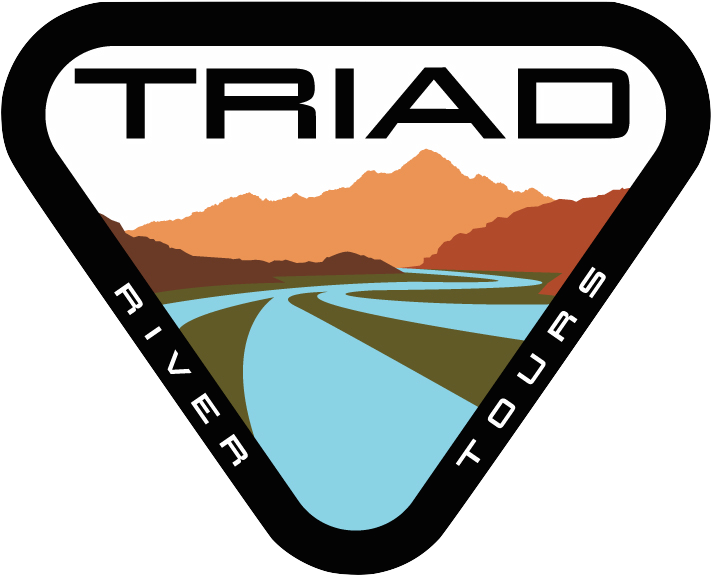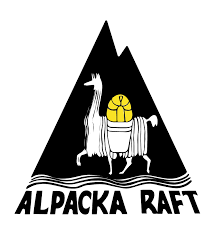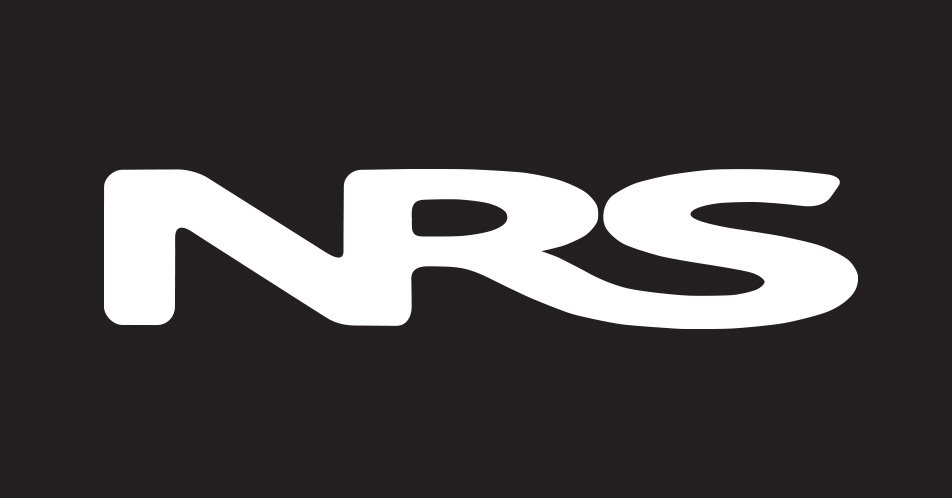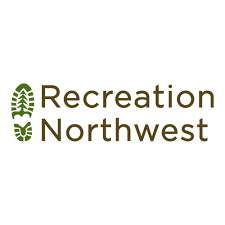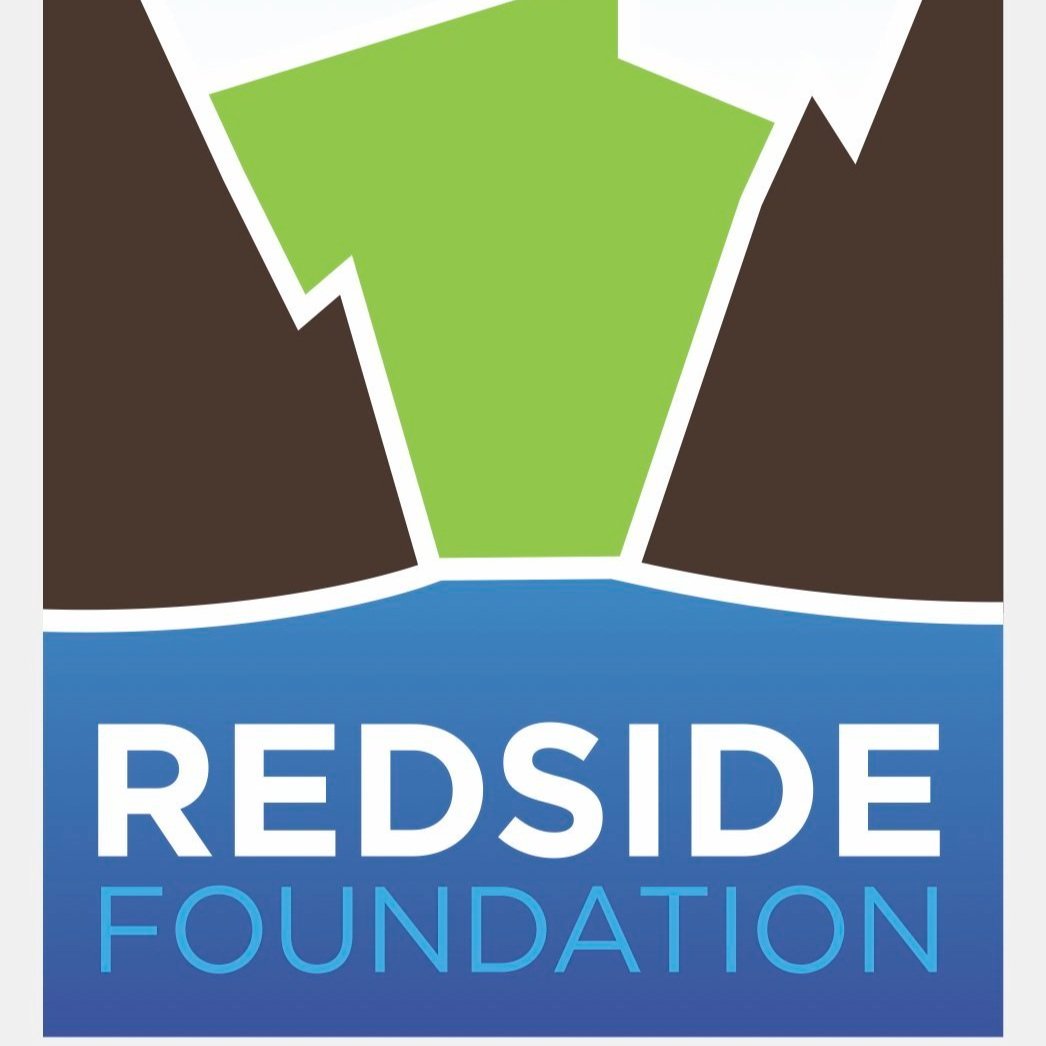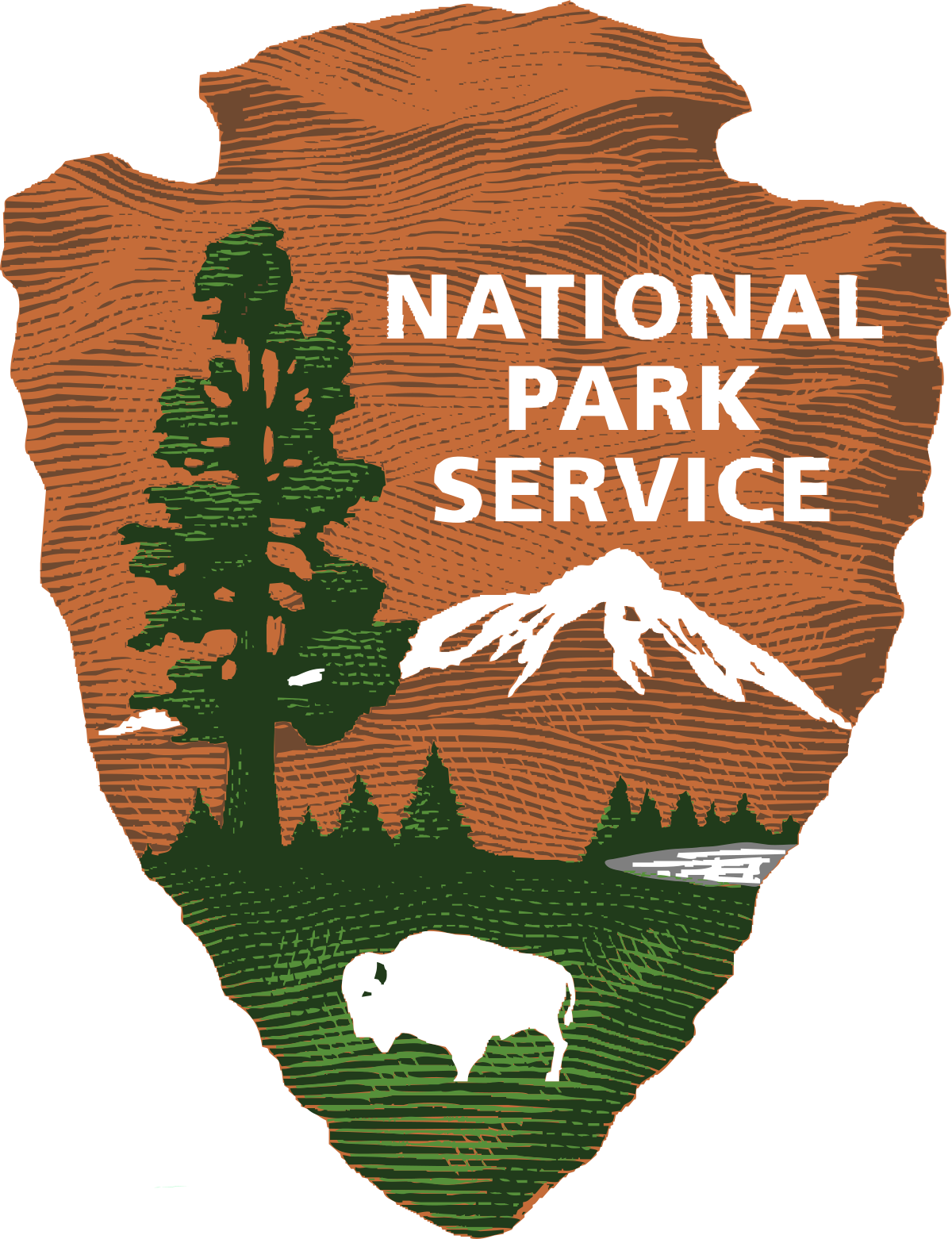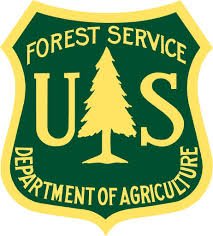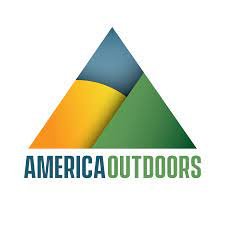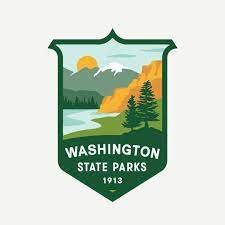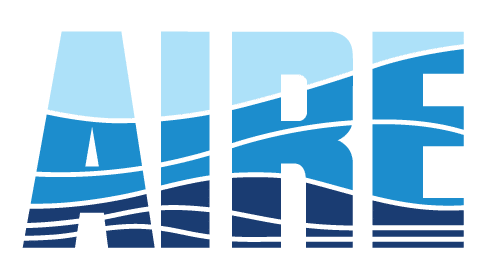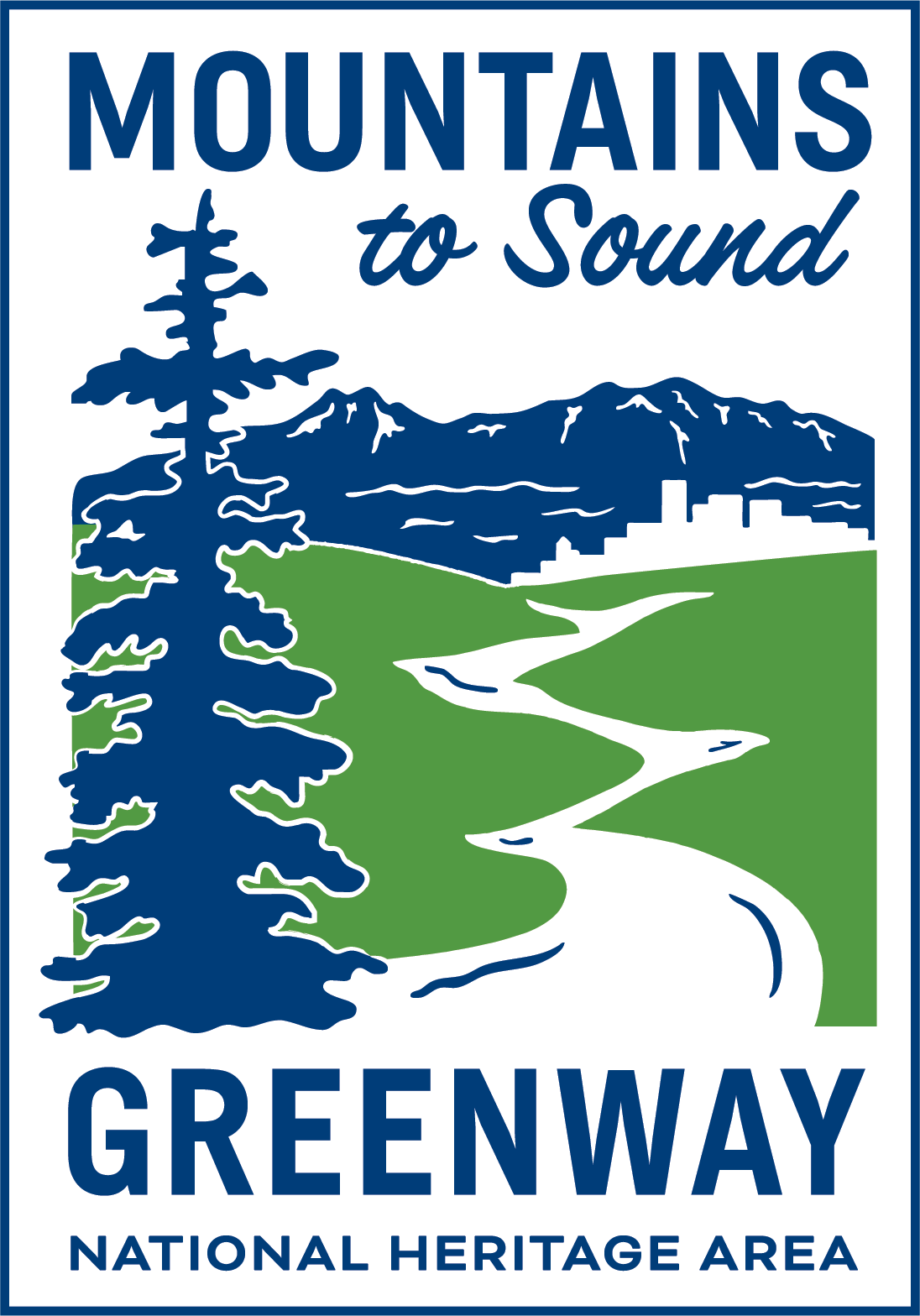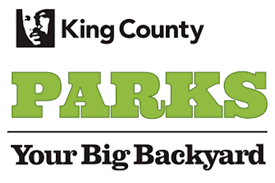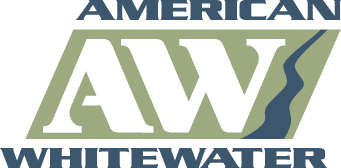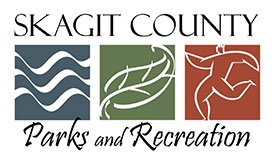5. Standard Operating Procedures
5.1 WA State Law
RCW 79A.60.430
Vessels carrying passengers for hire on whitewater rivers—Safety requirements.
While carrying passengers for hire on whitewater rivers in this state, the licensed whitewater river outfitter shall comply with the following requirements at the beginning of every trip:
If using inflatable vessels, use only vessels with three or more separate air chambers;
Ensure that all passengers are wearing a securely fastened United States coast guard-approved type V personal flotation device of the proper size, and that all guides are wearing a securely fastened United States coast guard-approved type III or type V personal flotation device;
Ensure that a spare United States coast guard-approved type III or type V personal flotation device in good repair is accessible to all vessels on each trip;
Ensure that each vessel has on it a bagged throwable line with a floating line and bag;
Ensure that each vessel has accessible an adequate first aid kit;
Ensure that each vessel has a spare propelling device;
Ensure that a repair kit and air pump are accessible to inflatable vessel;
Ensure that equipment to prevent and treat hypothermia is accessible to all vessels on a trip; and
Ensure that each vessel is operated by a guide who has complied with the requirements of subsection (2) of this section.
No person may act as a guide unless the individual is at least eighteen years of age and has:
Successfully completed a lifesaving training course meeting standards adopted by the commission;
Completed a program of guide training on whitewater rivers, conducted by a guide instructor, which program must run for a minimum of fifty hours on a whitewater river and must include at least the following elements:
Equipment preparation and boat rigging;
Reading river characteristics including currents, eddies, rapids, and hazards;
Methods of scouting and running rapids;
River rescue techniques, including emergency procedures and equipment recovery; and
Communications with clients, including paddling and safety instruction; and
Completed at least one trip on an entire section of whitewater river before carrying passengers for hire in a vessel on any such section of whitewater river.
A guide instructor must have traveled at least one thousand five hundred river miles, seven hundred fifty of which must have been while acting as a guide.
Any person conducting guide training on whitewater rivers shall, upon request of a guide trainee, issue proof of completion to the guide completing the required training program.
5.2 Communication
Communication is of utmost importance in our line of work, and it’s often the biggest area where guides can improve on personally in order to make a difference. On the river we communicate cordially and professionally with our guests, while we communicate directly and clearly to our fellow guides. While keeping personal feelings separate, give honest and direct feedback regardless of how you might think the guide may take what you say.
Most of the time we communicate with our guides very succinctly, utilizing some aspects of “military rules of communication”. For reference here are some examples which you will need to know and which are commonly used here:
When you have understood the message, acknowledge the receipt with the words “COPY“, “RECEIVED“, “ROGER” or “ACKNOWLEDGED.”
The word “COPY” is preferred to confirm receipt of a message.
If the caller requires some actions you may use “WILCO” instead of “ROGER” to notify that you WILL COMPLY (=”WILCO”). At Triad, “ROGER” is preferred.
If you do not comprehend the message, do not confirm it. Use “SAY AGAIN”, “REPEAT”, “STAND BY” instead.
Never pretend that you heard someone if you did not understand what they told you; someone’s life could depend on what was said.
Always premeditate your statements to other guides while working and speak directly, clearly, and do not mumble or say filler words. Work diligently to keep your communication clear, loud, appropriate, professional, and as objective as possible.
If you are asked a question by Triad management, for example; to work on a date, you will be asked to “PLEASE CONFIRM”. Your reply of “CONFIRMED” states that you will be at the specified time and location to run that trip or work on that day (or anything else discussed).
Detailed explanations are of no use on the river when a simple answer will do.
Respond to Yes/No questions with one of the two FIRST, and then your explanation to follow if timing is deemed appropriate.
Incident Command is assumed to trickle down from the Trip Leader. If the Trip Leader says to do something in the positive you should confirm in the positive unless there is a legitimate and important reason to call them into question (especially if guests are present).
If guides are in doubt about doing something, they check with the Trip Leader. When the guide has an idea to help things along, that person mentions it to the leader-and if the word is yes, the guide does it. On the river, guides strictly follow the Trip Leaders directions. If they do not understand the directions, they get clarification THEN AND THERE. But if they don’t understand the reasons behind the directions or disagree with them or have what might be a better idea, they talk with the leader, aside, at the earliest convenient moment. Sometimes, when things are thick and busy, it may be best to just do what the leader says and ask questions later (Guides Guide).
When a guide has a complaint or negative feeling toward another staff member it is vital that, at the appropriate time in private away from the guests, he or she expresses these feelings directly to the person. Good guides do not bottle up their feelings and never grumble behind other peoples’ backs. You must communicate openly with your guides about your thoughts and feelings, or you will suffer bad consequences and the quality of the trip will suffer with it (Guides Guide).
5.3 Incident Reports
An incident report must be filled out and signed by any employees who witness an incident or injury immediately following the occurrence. Failure to do so may result in disciplinary action or termination. This policy is important to the safety and well being of all our employees, and is required by law.
When do you file an incident report? After each trip decide if everything went “super smooth”. If something was not smooth, identify if that thing had a direct impact on human safety. If anything on a trip had an impact, either actual or potentially, get with your crew and file an incident report.
Every time you have a flip, or have to open a med kit, you need to file an incident report.
Any time a guest complains of any injury, wether that injury was sustained on the trip or not, you must file an incident report.
If you participate in any rescue that requires the opening of the sweep kit, you must file an incident report.
It is not necessary to file more than one incident report for each incident, and often times it is not the person involved in the incident who is in the best place to file the report. Thus, it is the responsibility of the entire crew to ensure that incident reports are filed on time (within 24 hours of incident).
An incident report, in general, should be objective, detailed, and must have the following:
Date/Time (provide an adequate timeline for incident)
River Section
Location of Incident
Trip Leader (if applicable)
Other guides present (if applicable)
Witnesses (if applicable)
Customer name and name of booking party
Objective description of incident
Injury description (if applicable)
First Aid (if applicable) details:
Notebook (or picture of notebook) outlining Patient assessment including vital signs if vital signs were taken.
Was the patient stabilized and or moved? If so, explain how this was done.
Evacuation (if applicable)
Was physical assistance provided to anyone during evacuation?
Describe the evacuation route, timing, and procedure utilized.
Guide thoughts
You may use the above as a template. You may also use this form below:
5.4 online
5.5 online
5.6 Personal Gear
Gear you need for SRT, guiding, and basically anytime you go on the river:
PFD
Helmet
Proper footwear
Dry suit/dry top
Warm under layers
Paddle
Flip line
Whistle
Knife
Basic first-aid kit
Pin-kit
Throw-bag
Camping gear
Personal items
Your A-GAME
Keep your gear contained, don't forget your gear, and don't leave personal gear in company vehicles or on the ground (at all).
5.7 Rafting Equipment
1. Sweep Kits | 1 per trip (see picture on database)
1. Medical Kit
1. Splint/Fracture (Sam splint)
2. Wound kit/tegaderm
3. CPR Mask
4. Gloves
5. Emergency Blanket
6. Notebook and Pen
7. Shears
8. Benadryl
9. Tourniquet
2. Hardware Backup
1. Frame Tool
2. Oar Lock and Ring
3. Straps
4. Duct Tape
3. Pin Kit
1. Z-Drag Kit
1. Locking Carabiners
2. Pulleys
3. Prussics
4. Rigging Plate
2. 200’ Static Line
4. Evacuation Kit
1. Protocols
2. Copy of Permits
3. Whistle
4. Lighter
5. Cell Phone
5. Backups
1. K-pump
2. Spare PFD
2. Small Med Kits | 1 per raft (note: can be substituted with NRS ultralight paddler First Aid)
1. Triad Kit (see picture on database)
1. Gallon ziplock bag inside the pelican box to keep water out; occasionally opening to check to make sure it’s not full of water.
2. Do not leave them in rafts over the weekends; rather take them out of the rafts at the end of the day and open them to make sure no water is inside
3. Contents:
i. glucose
ii. benadryl
iii. NUmask CPR mask
iv. gauze roll
v. small cut zippy w/ benzoin, steri-strip, tegaderm, and a few bandaids
vi. little .3 med kit
vii. gloves
3. Systems Inventory (In addition to vehicles and trailers). Note: picture of NRS order of basic inventory for reference on database.
1. Rafts
2. Cat + frame & oars
3. Adult PFD
4. youth PFD
5. Guide sticks
6. Guest Paddles
7. Helmets
8. Small First Aid Kits
9. Pro Rescue (Dyneema) Throw Bags
10. Small Throw Bags (red)
11. Barrel Pump
12. 300’ Static Line
13. Sweep Kit
14. Bus Box
15. Wetsuit Inventory (as needed)
5.8 Guide Training Outline
Notes: Company approved references: Swiftwater Safety Institute Manual, Remote Medical International WFA or WFR Manual, River Rescue by Les Bechtel, The Guides Guide Augmented by William McGinnis, Safety Code of American Whitewater (online)
5.9 Simple Reminders for Guides
Here is an open list of things we can do to put our best foot forward as a company and teach others how to show respect for the land and community.
Do not put gear on the ground
Be fast
Pick up litter
Do not cuss or say dirty jokes in front of children (or those who will not appreciate your joke)
Know the history, Native American stories, and environmental facts of where you guide.
Honor and show respect for people of all nationalities, religions, political beliefs, ability levels, physical size, age, orientation, gender, et. al.
Keep the buses clean, swept, and smelling freshly of Lysol
Accept responsibility and step up when your team comes to you for help. Go to Luke for help when you need it.
Do not hang equipment, wetsuits, or anything in the trees of our national forests or at RV parks, or camp (take the time to get this gear to our shop where it belongs)
Get off the boat ramp quickly. Help others off the boat ramp. Develop solid boat ramp skills.
Communicate with your team, work as a part of the team, and do not let your negative mindset or talk affect the team.
Keep a smartphone or other device handy so that you can access permits, insurance, and stay informed.
Trust your team, trust your training, trust the system.
Always say thank you when someone buys you food
Take the time to visit with other boaters, locals, business partnerships, federal (USFS, NPS) representatives, county employees, and law enforcement. In short, BE a pillar of the community, not something that relies upon the pillars.
Be honest with your team members, even when they do something wrong.
Do your best
Take each day, each trip, as it comes
Trust the system
Respect the Law
5.10 Cancellation Policy (provided to guests)
Should you have to cancel your trip plans, deposits and final payments are non- refundable. Alternate guests are always welcome to come in your place, at no charge. If we replace your canceled space(s) with other guests, a cancellation fee is charged -$50 per person for single day trips, $150 per person for 3 or 4 Day trips and $200 per person for 5 or 6 Day trips.
If you feel you may not be able to make your trip please inform us as soon as possible and we can try to find alternate guests. You own spaces on our rafts because you've paid for them. As soon as a reservation is made we lose the right to sell that trip to someone else. Our opportunity cost for every space on every trip is the retail price. If you have purchased a trip, the amount you have paid is relevant not to the amount of money it costs us to run the trip with you, but rather the amount that it costs for us to prepare a trip for you (we do not save money when you cancel a trip; the costs are the same for us). We price our trips at rates which ensure high quality and competitive wages for professional guides. We never make exceptions to this policy. We do this out of a legal and ethical commitment to running safer trips and compensate our employees fairly.
Triad River Tours is under a legal and ethical obligation to treat its employees with respect and pay them fairly; and you as a customer are the most important part of that obligation as our guides are paid directly from the funds we receive when you make a booking. We must enlist guides to begin preparing for your river trip on the day that you make your reservation. We make a commitment to our employees as soon as you make your reservation, and they make a commitment to be your guide for that day. We believe that guides work best when they run the same river again and again with a consistent plan and execution. Guides work best when they are familiar with the team structure and personnel with which they are running the river. So, even if you cancel your trip, our guides run the trip together and follow the exact same safety protocol if you showed up or not. There is no difference, in terms of cost, between a trip which is run with or without you; once you make a reservation, we put the plan in place. Adapting a safety protocol or changing it as a result of a cancellation is not safe, and we will not do it. We believe strongly that preparation, and early placement of the appropriate guides, is a key element to why our trips are some of the safest in the industry. We are proud of our safety record and we believe that our cancellation policy empowers safer trips. If your group does not show up, we will run the exact same trip, just as we would have if you were there, in order to provide the same level of safety for our other guests. Note that it is not cheaper for us to run the trip without you. Your money went to the staff provided for that trip, who are guaranteed a wage, and are covered by law to be paid.
We promise that our guides are paid even if a trip is canceled. It is a reflection of our commitment to safety and preparation on the river and a belief that the most qualified guides are going to require the most considerable compensation. In order for us to continue employing top quality professional guides, we find it necessary to ensure that they are guaranteed a fair wage for their efforts, even in the case of unavoidable trip cancellations for any reason whatsoever. Unlike other companies who leave a slew of undertrained guides always at the ready, we consistently pay our guides on time for every single trip. This commitment starts with the contract you engage in when you make a reservation, which results in our commitment to run a safe trip with the most thoroughly competent guides who demand and deserve a fair wage for their work.
Please understand that we cannot insure your investment in river trip reservations. We strongly recommend the purchase of trip cancellation and interruption insurance. Once you sign up, we lose the right to sell your reserved space to other individuals or groups. Our number of trips and spaces per trip are limited by river management plans. We regret that we cannot make exceptions for personal emergencies. You must show up on time for rafting trips. We are committed to the safety of all people on the trip, and if you are late we reserve the right to adapt the trip to the lesser number and run the trip without you.
Triad River Tours operates under strict safety protocols and reserves the right to move your reservation to a different section of river if conditions are even remotely unsafe.
Typically, this will involve a minor inconvenience, but in the interests of doing business safely, we cannot accept cancellations in the event of an itinerary change for safety reasons.
Trip Insurance
We will send you information on Trip Insurance on request. Cancellation and interruption insurance can include full refund should you cancel due to health, medical and other reasons. If you cannot afford to forfeit your reservation dollars, you should purchase trip cancellation insurance.
Final Payments
All payments are due at time of reservation.
Charter Trips
Check with us regarding "exclusive" charter trip reservations.
Assumption of Risk
You will be required to sign an "assumption of risk agreement" in order to join a river trip with Triad River Tours.
Children and Minors (under 18)
Triad River Tours grants permission to minors on rafting trips on a case by case basis. In general, all Skagit River Scenic Float trips, such as the Eagle Watching and Wine Tasting, can take any child 50 lbs. and higher. Children weighing at least 50lbs are invited on the Upper Skagit River and should be prepared to swim in whitewater. Sauk River Whitewater is available for minors who have previous whitewater experience or have passed rescue tests the day of the trip. All Sauk River guests must weigh at least 90lbs or receive special permission (due to fitment into appropriate life jackets) at the time of booking (please feel free to call 360-510-1243). All Skykomish River guests must weigh at least 90lbs and be at least 14 years of age with no exceptions.
If we cancel a trip
Sometimes trips do not meet minimum participant requirements, or due to river conditions (or otherwise) certain trips may occasionally fail to meet the safety thresholds of our protocol systems. These safety protocols are independently audited by professional rescue agencies, and they constitute vital information which is part of our contracts with government agencies such as the National Parks Service or the United States Forest Service. Breaking these protocols is only done when our river managers make special exceptions. If we ever cancel a trip due to conditions you will be given the opportunity to transfer your reservation to another river (if applicable). If we cancel a trip and cannot offer you a similar trip on the same day, we will refund your money immediately and in full.
5.11 Liability Release and Acknowledgement of Risk
In Consideration of the services of Triad River Tours, their guests, owners, officers, volunteers, participants, employees, and all other person or entities acting in any capacity on their behalf (hereinafter collectively called Triad), I hereby agree to release and discharge Triad, on behalf of myself, my children, my parents, my heirs, assigns, personal representative and estate as follows:
1. I acknowledge that boating on rivers entails known and unanticipated risks that could result in physical or emotional injury, paralysis, death, or damage to myself, to property, or to third parties. I understand that they cannot eliminate such risks simply without jeopardizing the essential quality of the activity. The risks include, among other things: whitewater rapids will be encountered. You can be jolted, jarred, bounced, thrown back and forth and shaken about during rides through these rapids. It is possible that you could be injured if you come into contact with food boxes, other storage containers, or fixed equipment necessary to the operation of the expedition and the outfitting of the raft. Boats could turn over or you could be washed overboard. You can slip or fall during a hike, resulting in damage to equipment or personal injury. Accidents can occur getting on and off the rafts. Rafts are slippery when wet. Exposure to the natural elements can be uncomfortable and/or harmful. You should be aware that this exposure could cause sunburn, dehydration, heat exhaustion, heat stroke, or heat cramps. Also prolonged exposure to cold water can result in hypothermia and in extreme cases cause death and accidental drowning is also a possibility. Furthermore, Triad guides have difficult jobs to do. They seek safety, but they are fallible. They might be ignorant of a participant's physical fitness or ability. They might misjudge the weather, the elements, or the terrain. They may give inadequate warnings or instructions, and equipment being used might malfunction.
I expressly agree and promise to accept and assume all risks existing in this activity. My participation in this activity is purely voluntary, and I elect to participate in spite of the risks.
I expressly agree and promise to not leave any valuables or personal property in the care of Triad as they are not at all responsible for my personal belongings.
I promise to read all information in the safety protocol, and be prepared by reading all relevant information on the trip prior to departure. I realize that Triad River Tours' guests are expected to have internet access, and these materials are often only available online, so I will find them there.
Should Triad or anyone acting on their behalf, be required to incur attorney fees and costs to enforce this agreement, I agree to indemnify and hold harmless for all such fees and costs.
I certify that I have adequate insurance to cover any injury or damage I may cause or suffer while participating, or else I agree to bear all costs of such injury or damage myself. I further certify that I have no medical or physical conditions that could interfere with my safety in the activity, or else I am willing to assume and bear the costs of all risks that may be created, directly or indirectly, by any such condition.
In the event that I file a lawsuit against Triad, I agree to do so solely in the State of Washington, and I further agree that the substantive law of that state will apply in that action without regard to the conflict of law rules of that state.
By signing this document, I acknowledge that if anyone is hurt or property damaged during my participation in this activity, a court of law may find me to have waived my right to maintain a lawsuit against Triad on the basis of any claim from which I have released them herein. I have had sufficient opportunity to read this entire document, I have read and understood it, and I agree to be bound by the terms. I understand I have given up substantial rights by signing it and that I sign it without any inducement.
I will pay close attention to all safety information provided at the river in the safety talk as well as beforehand through the confirmation email as well as the videos that are on Triad's website, and agree that I have watched any and all related safety videos which were provided to the person who made the reservation. I acknowledge that I am responsible for preparing myself for this activity and that if Triad deems me unfit or unprepared to run the river that they may cancel my reservation at any time with or without notice.
5.12 Removal of Wood Debris
A Hydraulic Project Approval from the Washington State Department of Fish and Wildlife will be obtained by Triad River Tours prior to removal of wood debris in waterways.
